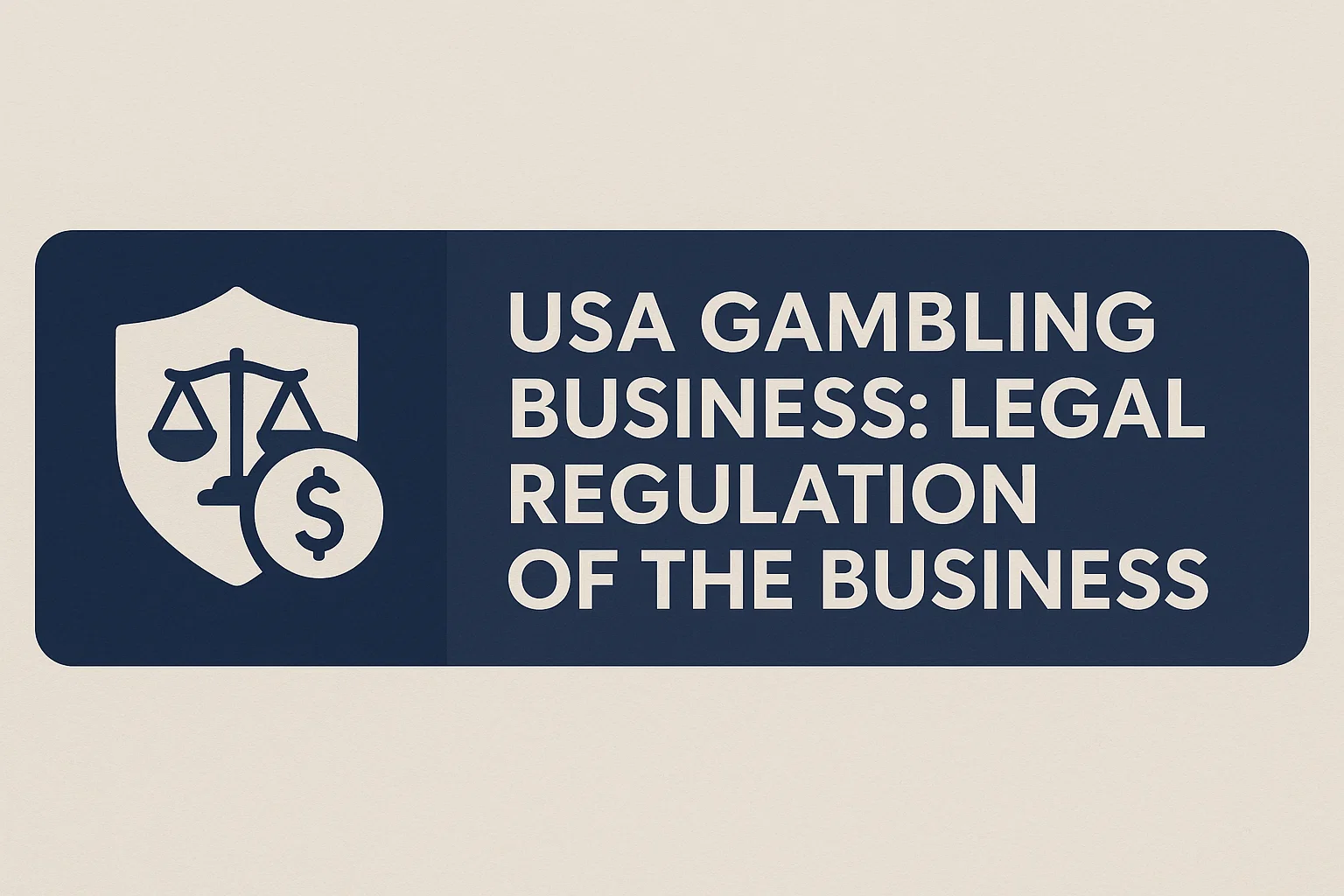USA Gambling Business: Legal Regulation of the Business

The gambling business is one of the most profitable and favorite business areas in America. However, there is no unified legal system governing this business on the federal level. Control over gambling territories is turned over to local government and left to their discretion without any meddling from federal bodies. This law is legal in nature and is mandated within the United States Code (Title 15, Section 3001). The act allows local governments to establish and revise the list of approved games as well as control the structuring of gambling operations. The only federally mandated regulation is the age of players. The establishment of brand new online casinos also demonstrates how flexible and versatile the US market has proven to be.
Despite numerous legal prohibitions, the US gambling business has always been able to find creative and helpful loopholes in the law. A perfect example is the Illinois, Missouri, Iowa, and Louisiana laws. These states actually prohibit land-based gambling. As a work-around, casinos in these venues have been constructed on barges and floating ships, which technically are not part of the state law definition of "land.".
USA Gambling Business: Main Steps to Registration
There are particular requirements for registration of businesses at the legislative level. The papers clearly state the procedure for obtaining permits for conducting gambling businesses.
Here are the main steps to register a business in the United States:
- Filing an application with the relevant authority (the State Secretary) of the formal address and name of the company for official communication.
- Registration with the IRS and acquiring a tax identification number.
- Opening a business checking account.
Note: the name of the future business (whatever sector) must not repeat company names in existence. In the situation where the business is being named after the owner's real name, formal registration is not typically required. However, in the situation where another name is adopted, it will be required to be registered with local authorities by filling the "DBA" (Doing Business As) form. Names incorporating words such as "Company," "Association," or "& Partners" are automatically considered fictitious.
Opening a business bank account is among the most important actions individuals should take. Despite several legislative efforts to create favorable conditions for investors and streamline business operations, bank loan access remains a factor hindering the legitimacy of establishing a gambling business. Few businesspeople have hundreds of thousands of dollars as free capital to open a casino without any financial help.
Gambling Operator License
A gambling operator license is the main document to approve the provision of gambling services.
There are several various types of licenses:
- Restricted Gaming License – for operators with a limit of 15 gaming machines. Table games and other configurations are prohibited. This kind of license is typically held by small venues such as restaurants, clubs, and bars.
- Nonrestricted Gaming License – in two variations:
- N/R Slots Only – allows for an unlimited number of slot machines.
- N/R Games & Slots – allows for unlimited slots and table games.
- Slot Route Operator License – used when gaming equipment is placed in locations not owned by the operator (such as how coffee game machines are mounted in metro stations or malls, with equipment owners contracting out to venue landlords).
Except for operators, licensing is also needed for all those who are engaged in the gambling enterprise: machine and software suppliers, equipment suppliers, and employees.
All workers, even those whose functions are not directly related to the game process or interactions with the clients, must go through licensing.
Taxation of Gambling Enterprises in the USA
The taxes and charges vary depending on the license type.
Operators with a Restricted License Taxes
- Annual tax: $250 for each gaming device.
- Quarterly tax: $81 (one machine) up to $1,815 (maximum 15 machines)
Taxes for Operators with a Nonrestricted License
This group consists of operators with no limitation on the number of gaming devices.
Gross revenue-based monthly taxes:
- First $50,000 – taxed at 3.5%
- Revenue up to $84,000 – taxed at 4.5%
- Revenue over $134,000 – taxed at 6.75%
Fixed taxes are also payable:
- Slot machines – $20 quarterly and $250 yearly per unit.
- Table games – yearly fee between $100 (for one table) and $16,000 (for 17 tables). Any additional table beyond 17 will be an additional $200. Quarterly fee is between $12.50 and $750 (for 10 tables or less) and between $125 and $20,300 (for 35+ tables).
In addition to the above, there are entertainment taxes and federal charges that business owners need to make at regular intervals.
Note: The tax figures indicated are based on publicly available data from the Nevada state government. Rates may be different elsewhere.

